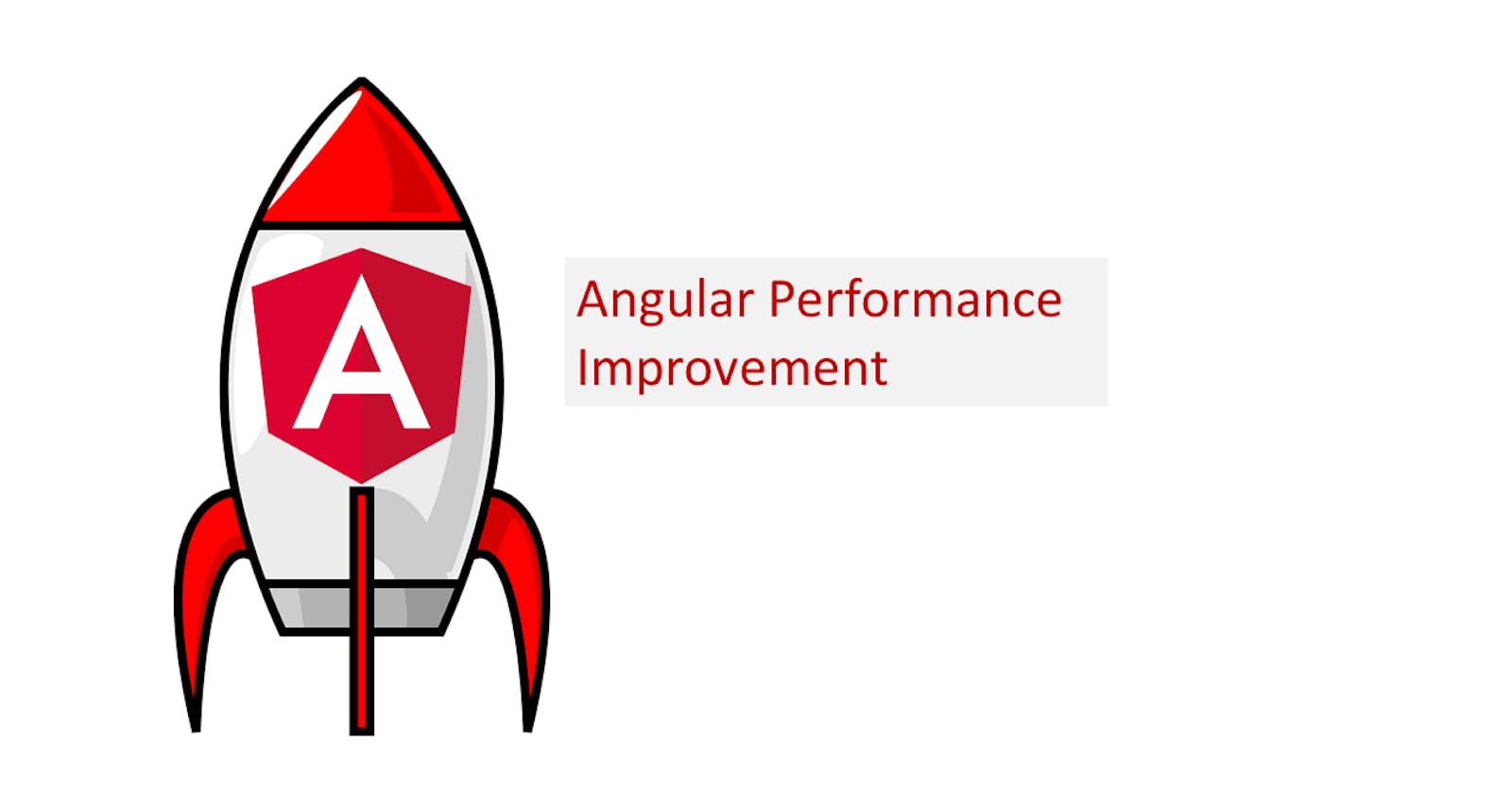Angular performance tips
In this post I will write from time to time some little some little tips how you can give your Angular application a little boost.
1. Use Pipe instead of function call inside template
You should not call directly a function from the component-class, because it runs on every changeDetection.
The following snippet shows you a bad example by using a function call.
<!-- Bad -->
<div *ngIf="yourHandler(data)"></div>
The better way is using a Pipe because, by default, pipes are defined as pure so that Angular executes the pipe only when it detects a pure change to the input value. A pure change is either a change to a primitive input value (such as String, Number, Boolean, or Symbol), or a changed object reference (such as Date, Array, Function, or Object).
<!-- Good -->
<div *ngIf="data | yourHandlerPipe"></div>
2. Use import instead of require()
When you have a 3rd-party lib you will have to import into your util, it is always better to use **import **over require() if possible because import, the ES6 syntax, supports **tree shaking **when you compiling your code into minified javascript.
3. By using *ngFor directives, don't forget to use trackBy-Functions!
If you loop of an DOM-element by using the *ngFor directive without using a trackBy-function all DOM-elements will be new created when one element in the list has changed. This causes a lot of work for the browser. If you are using a trackBy-function you will support the Angular framework to determine only the DOM-element which has changed and update the ONLY the bindings without creating the DOM-elements again.
Follow the original documentation on the Angular website:
Using trackBy-functions with the *ngFor directive
